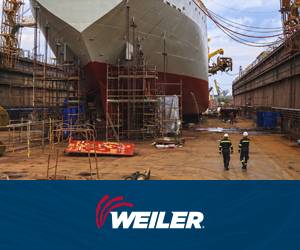Ultra Slow Ships to Reduce Emissions
From January 1, 2011, 13 partners from nine European countries have been working on the project ULYSSES, funded by EU's Seventh Framework Programme, in order to develop environmentally friendly concept of ultra-slow ships. The budget for this EU project is over € 3.5 million.
With climate change coming to the forefront of society's perception, there is increasing pressure on all industries to reduce their greenhouse gas emissions by increasing the efficiency and the maritime industry is no exception. This project aims to demonstrate, through a combination of ultra-slow speeds and complementary technologies that the efficiency of the world fleet can be increased to a point where the following CO2 targets are met: before 2020 reducing greenhouse gas emissions by 30% and beyond 2050 reducing greenhouse gas emissions by 80% compared to 1990 levels. Additionally, it is a challenge to safely reduce the ship speed to e.g. 5 knots. The aim of the project is also to analyse the economic feasibility of speed reduction and the impact it makes on the overall supply chain.
The ULYSSES project focuses on bulk carriers and tankers, as these ship types produce around 60% of CO2 emissions related to deep sea shipping. As bulk carriers and tankers are reasonably similar in design and operation, it is felt that investigating these ships will bring the best potential impact of the project.
Source: Ultra Slow Ship













